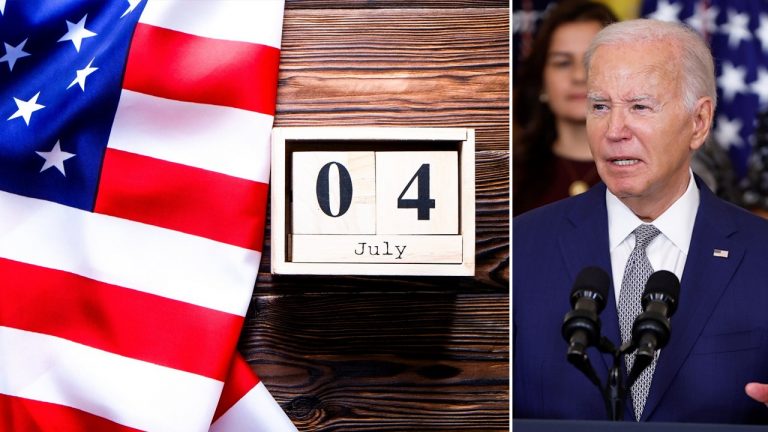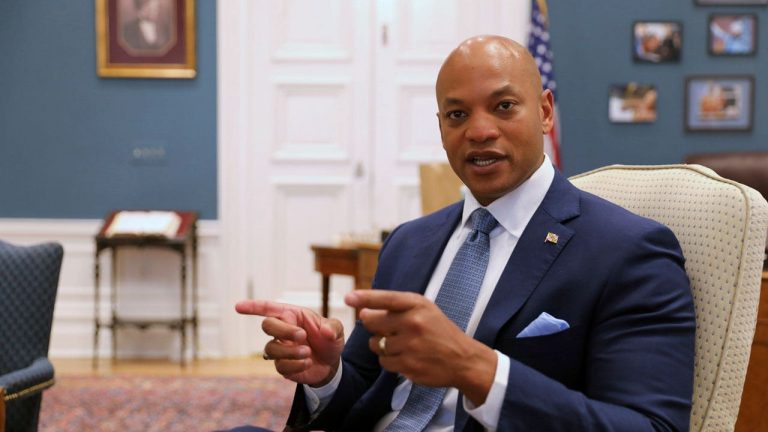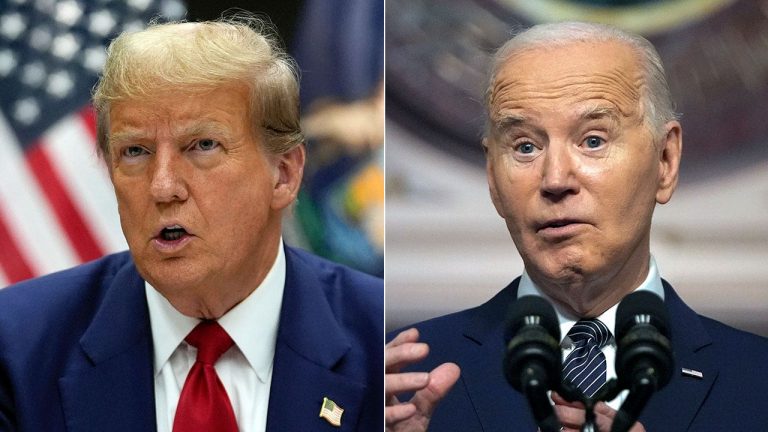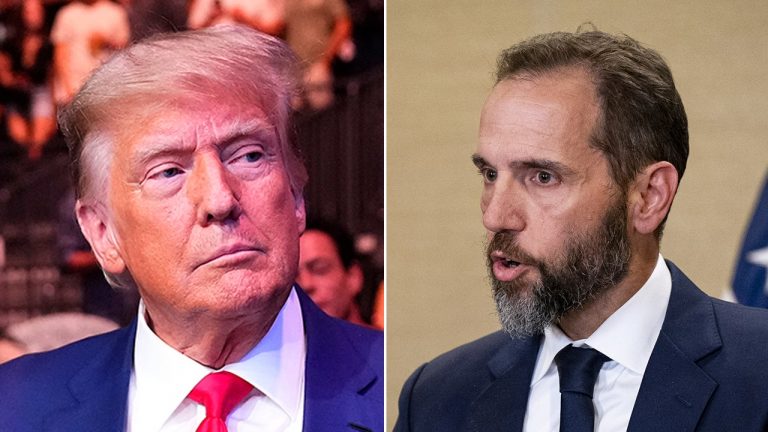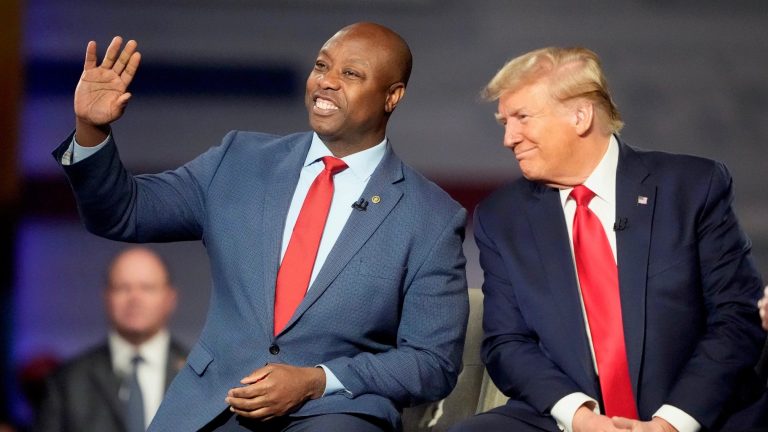Critics challenge Walz’s close relationship with China after Harris camp accuses them of lying.
Minnesota Governor Tim Walz is currently under fire from Republicans for his perceived pro-China statements, which some argue show a lack of concern over the adversarial relationship with the communist government. Walz’s background includes a brief stint teaching in China and multiple trips to the country, which has raised eyebrows among his critics.
According to reports, Walz traveled to Guangdong in 1989 as part of a teach abroad program where he taught English and American history. One trip to China in 1994 even doubled as his honeymoon, planned to coincide with the anniversary of the Tiananmen Square crackdown. Despite these ties, Walz has maintained that China and the U.S. have the potential for a strong relationship, emphasizing the importance of China playing “by the rules” on human rights and the environment.
In a 2016 interview, Walz expressed his belief that an adversarial relationship with China was not necessary. He highlighted the areas of potential cooperation while acknowledging the need for vigilance, particularly in the South China Sea. Walz’s involvement with the congressional executive commission on China, which focuses on human rights, has also been noted.
Critics have slammed Walz’s stance on China, with some accusing him of being soft on the Chinese Communist Party. Former acting Director of National Intelligence Richard Grenell labeled Walz as “pro-China” and expressed concerns over his perceived lack of understanding regarding the threat posed by the CCP. Others, including former assistant secretary James Hutton, have raised similar alarms, calling Walz “dangerous” and questioning his views on communist tyranny.
Republican Senator Tom Cotton has demanded that Walz provide clarity regarding his decades-long relationship with Communist China. The accusations have prompted the Harris campaign and some Democrats to defend Walz, asserting that he, along with Vice President Kamala Harris, will prioritize American values and interests in dealing with China’s challenges.
Contrary to the criticisms, supporters of Walz have pointed to his previous criticisms of China for cultural genocide in Tibet and Xinjiang. Walz’s involvement with Speaker Nancy Pelosi on a visit to Tibet, meetings with the Dalai Lama, and sponsorship of resolutions on human rights have been cited as evidence of his commitment to addressing key issues.
Senator Jeff Merkley highlighted Walz’s selection as a positive signal that a potential Harris-Walz administration would prioritize human rights in the U.S.-China relationship. The reaction to Walz’s position on China has been mixed, with differing opinions on his intentions and track record in promoting human rights and democracy.
In light of the controversy surrounding Walz’s stance on China, the debate continues regarding his suitability as a potential vice presidential candidate and his ability to navigate the complex dynamics of U.S.-China relations.



